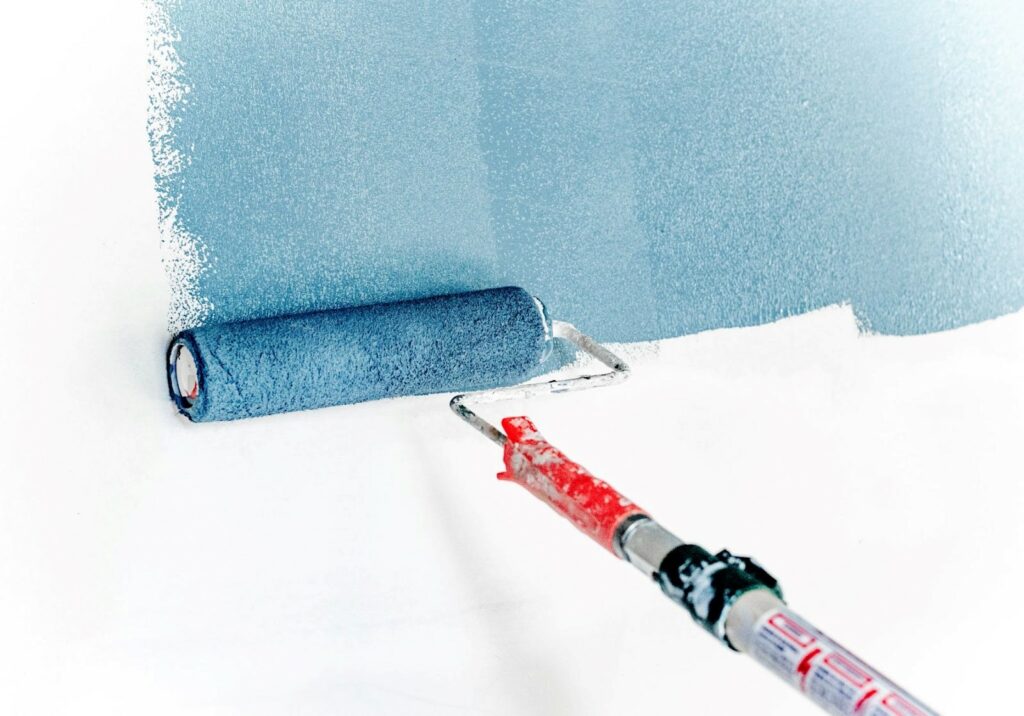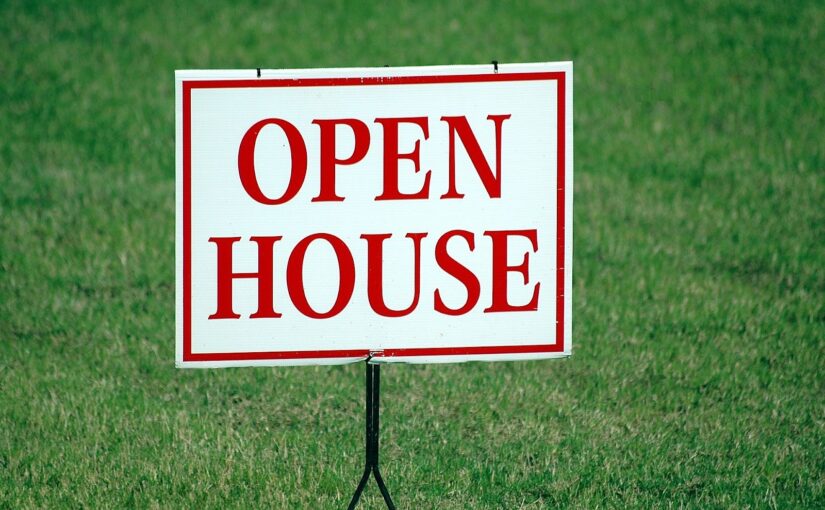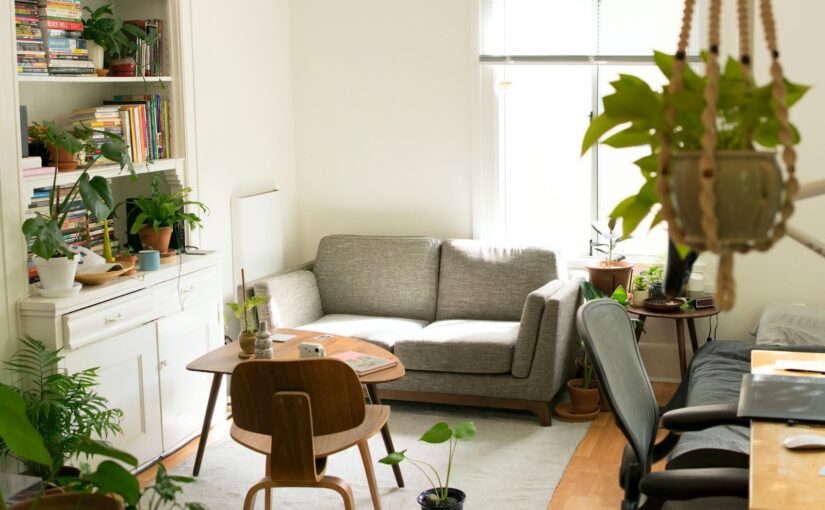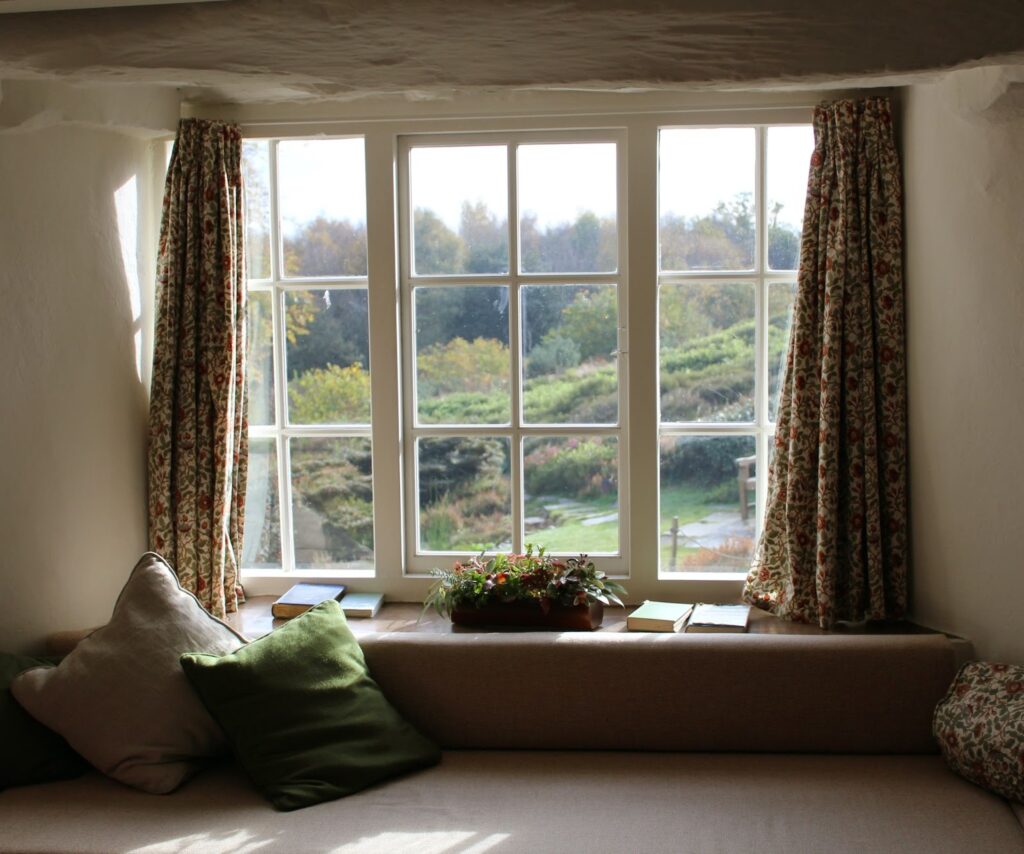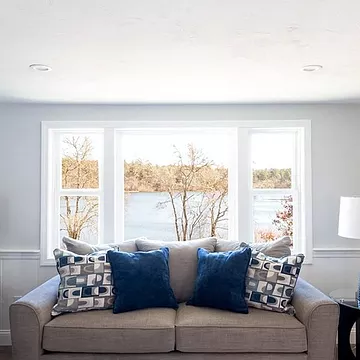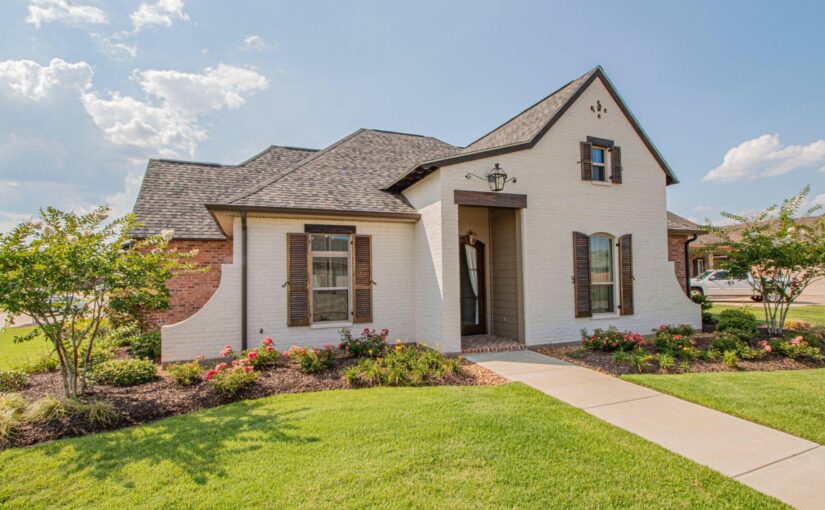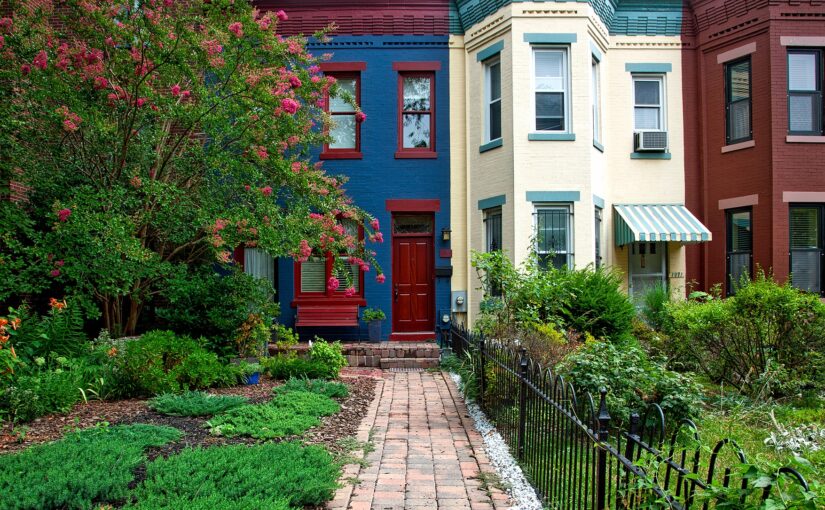Technology continues to be the major initiator for change in all business areas, and the real estate market is no exception. The need for change intensified in the wake of the pandemic, which has profoundly shifted the way many real estate firms operate.
Today, the investors in real estate are continuously focusing on the intersection between people and their built environments. Below are different ways how technology will change the role of real estate post-pandemic.
Greater operational efficiencies
With the growth of the ecommerce industry, there is a continued rise in the demand for warehouses in different states. Many business people are looking forward to having shops online and storing their goods in warehouses where they can pick them for delivery. On the other hand, the consumers are expecting faster delivery and the logistics industry needs to streamline its operations more effectively to ensure that they provide flexible solutions.
Real estate firms are working hard to ensure collaborations with the customers to the employees, and the brand partnerships are made easy. Different innovations in commercial real estate are increasingly taking shape after being optimized for better performance. Real estate firms are looking forward to adopting multifunctional space in their buildings.
As many companies have adopted remote working methodology, real estate developers must ensure that the interior spaces include aesthetic yet highly functional for the work environment.
Community for residential rentals
The pandemic has left millions of people isolated and lonely, which means a looming mental healthcare crisis in communities. It is expected that the community will gain more importance in residential rental space than other business-related aspects. A lot of technology will be invested in designing community-based apartments to cater to house shortages.
In the construction of the new houses, proximity to work and home will highly be considered in future. Or places with a highly developed network will be considered for setting the residential rentals. There were cases where people are offering essential services were locked from entering into the other states as they lived far away from the company’s premises.
Today, people are valuing their quality of life and time more than any other aspect of life. Having residential real estate close to offices, especially in a walkable community, is more appealing as it minimizes the cost of traveling and other related expenses.
Conversion of the unused spaces
The pandemic has greatly led to decreased demand for offices as most companies switched to working from home. So, there was no need to pay for an office that was not beneficial to the company.
Many hotels and office buildings have been empty for more than a year in many states, and if nothing is done, these properties may never recover. There are plans underway to convert some of the now-empty spaces into apartment buildings to reduce house shortages and properly use their property.
In the conversion process in the development world, top-to-bottom makeovers might take some years depending on the government regulations and the amount of capital needed for the conversion processes.
It’s because most of the real estate firms made huge losses during the pandemic and the owners of the houses have to think twice about the reinvention process. In addition, space and safety might also complicate some of the conversion procedures.
Environmentally-friendly construction
With many people staying at home and rarely having time to travel to the other states, the cost of utility bills is not limited to energy consumption raised drastically. Many people complained of the rising cost of the electricity bills in different states as they had to use more often than they had done it before. It’s now expected that the new houses will fit with quality energy-efficient appliances.
Integration of smart grid appliances like refrigerators in the houses is expected to rise as it’s becoming a new standard in the high-end developments. The appliances are designed to use the least possible energy, and it’s advantageous to both the owner and the environment.
In addition, there is a high probability that the future real estate buildings will be constructed mainly with green insulation and bridgeable materials to reduce the construction industry’s carbon footprint.
Automation for managing repetitive tasks
There are a lot of repetitive tasks that have to be done in real estate management. As many people were shifting their properties to other affordable states, it became key for the landlords, realtors and property management to keep signing the same documents more often than before. With this type of data, it becomes very difficult for you to store it and make insightful decisions when planning how to better the real estate.
Also, the process is time-consuming and very inefficient. It’s expected that the real estate firms will invest in tech solutions designed to help handle repetitive tasks more efficiently without risking the lives of their clients. The available variety of software options out the tee for the real estate include; appointment software, marketing management and the real estate portfolio.
Smart home technology
Residential real estate is expected to change for the better thanks to the smart home technologies that are being introduced. Different apartments are now being built with inbuilt security systems, televisions, thermostats, and speaker systems. As the pandemic ravaged different states, people were busy looking for better homes where they could stay with minimal disruptions.
With the advanced technology, it is expected that more smart home applications will be integrated when building houses to ensure that the clients have comfortable lives during their stay at the apartments.
Cloud Integration
Cloud technology has grown recently to becoming one of the most significant advancements in the field of technology. Today, the application of cloud services has been spread globally, with people opting to use it for different purposes. Real estate firms can, in the future, implement the landing and closing of their property and store all the information on the cloud.
Cloud integration will help to ensure that the real estate firms’ data won’t get into unauthorized hands or any illegal access. With cloud integration, real estate managers can carry out their activities without traveling to the place where the apartments are located. It’s expected that there will be more remote closings and an increase in electronic document signing. Cloud technology will make it easier for real estate developers to carry out their activities with ease.
Conclusion
The advancing technology is set to affect the role of real estate in the post-pandemic in the above ways. How the real estate firms respond to the challenges they faced during the pandemic will determine how efficient they will be in managing future real estate properties.
Author Bio:
Charlie Svensson is a fast, engaging freelance writer who works for AssignmentHolic, which is regarding as one of the best essay and dissertation services. His job is to provide writing and research assignment help to students. He’s interested in topics like education, university life, education technology, internet marketing and personal growth. He has excellent skills to write amazing content and woo his audience.
Image by David Mark on Pixabay


